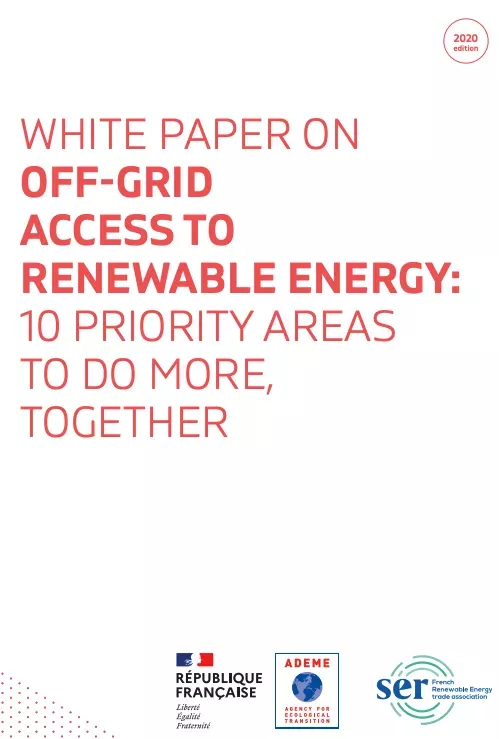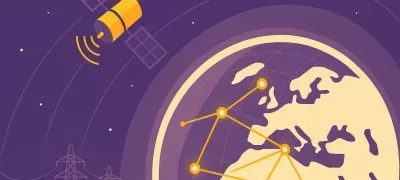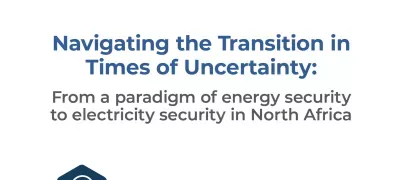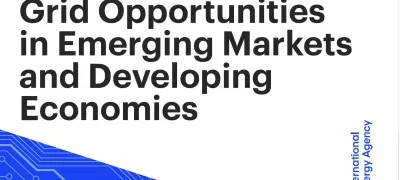
The off-grid energy access market has seen nearly 30% annual growth over the past two years, attracting investments in innovative delivery and financing models and involving a more diverse set of stakeholders, including communities, local entrepreneurs, private sector, and funders. Achieving the UN's goal of universal energy access by 2030 may seem ambitious, but it's feasible given technological advancements, the convergence of energy and digitalization, and declining costs of renewable energy solutions. Utilizing renewable energy-based energy access solutions is seen as necessary to preserve natural resources and combat climate change.
However, several barriers persist, hindering the accelerated deployment and sustainability of these solutions. A national working group led by the French Agency for Ecological Transition (ADEME) and the Renewable Energy Syndicate (SER) has identified four priority themes: regulatory and contractual frameworks, collaboration among stakeholders, financing, and innovation. Additionally, considering the impact of the COVID-19 pandemic on energy access programs and ongoing projects, the working group has developed specific analysis and recommendations presented in a dedicated chapter.
The document, targeting French and international decision-makers, funders, rural electrification agencies, NGOs, businesses, and other stakeholders involved in energy access, aims to provide insights into improvement pathways, innovation, regulatory environments, collaborative models, and financing tools conducive to achieving Sustainable Development Goal 7 by 2030. Off-grid energy access will facilitate the implementation of other sustainable development goals and contribute to the overarching objective of leaving no one behind, as outlined in the French roadmap for the 2030 agenda.



